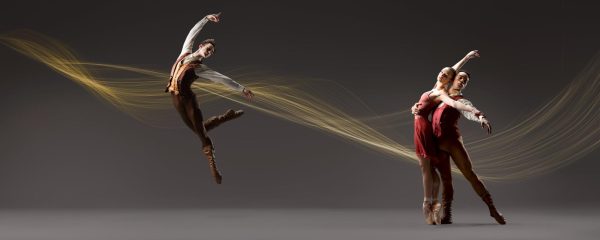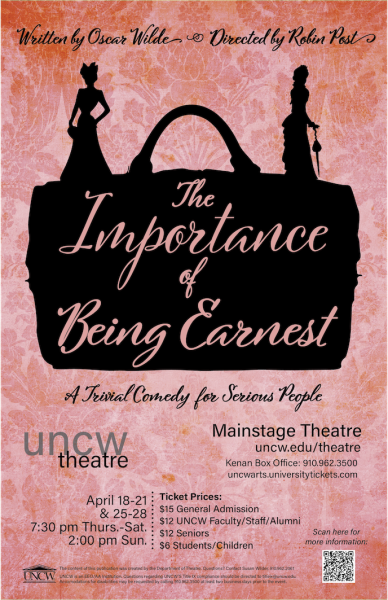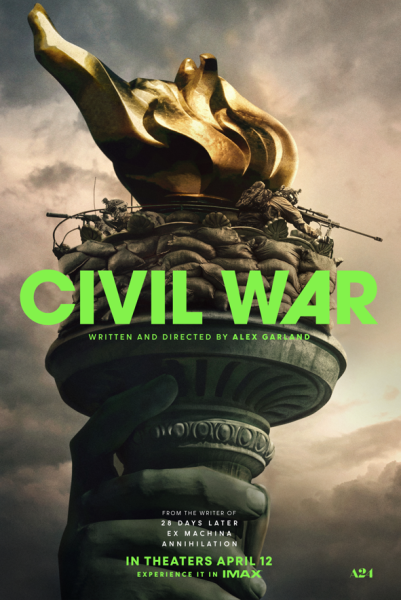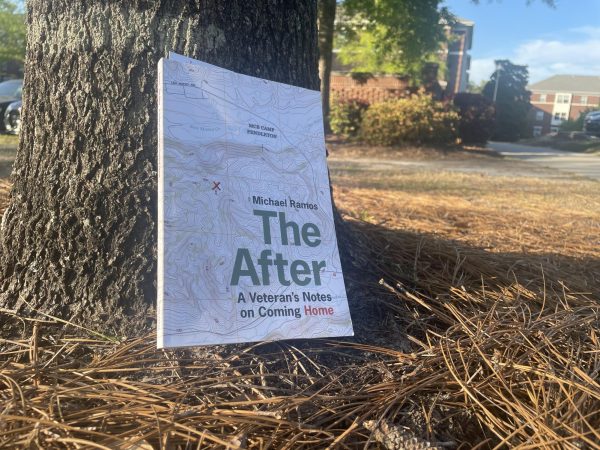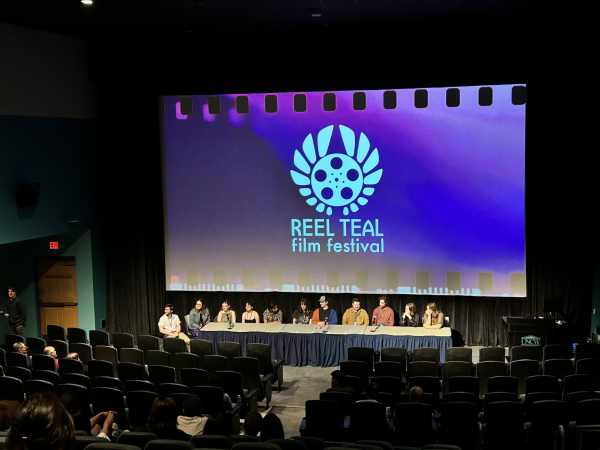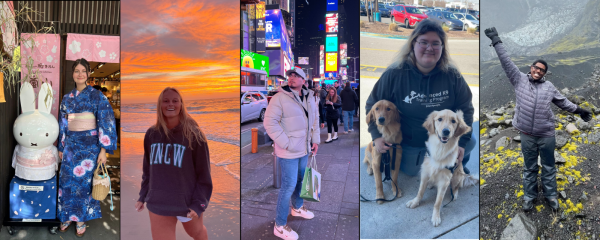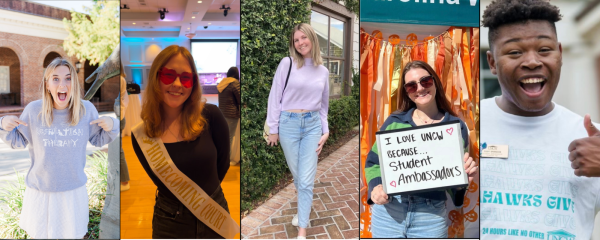Panel Discusses Social Media Use and Battle for the White House
November 2, 2011
Ron Paul, Mitt Romney and Herman Cain have something in common other than their desire for presidency: they all have a Twitter account and Facebook fan pages.
In the race for the White House, social media websites have become a tool for candidates as a form of campaigning. The impact of social media in the upcoming elections was discussed by a panel Thursday, Oct. 30 in Hawks Nest, the second discussion based on issues surrounding social media. Panelists for this discussion included Juliane Bullard, Lifestyles editor for The Seahawk, Communication Studies professor Jennifer Brubaker, and Jeff Hidek, Community Engagement editor for The Star News.
The panel was organized by UNCW Student Media, an organization that oversees student media outlets such as Flickr, The Seahawk and Hawkstream Radio. The first panel discussion dealt with social media and privacy. Viewers could also participate and follow the discussion by using #mediatoday on Twitter.
The panelists discussed the up and downs of the use of social media and politics. While candidates are using social media to reach voters, according to Brubaker, more use comes from the candidate side than on the voter’s side.
Social media has changed the game when it comes to accessing viewpoints, something that senior Max Lit, who moderated the discussion, sees as a good thing.
“(Social media) provides unprecedented access to different opinions. It gives us access to knowledge we would otherwise be pigeonholed in the library for,” said Lit.
However, with all of that access, Lit also said that it gives us no time to form opinions.
Lit followed President Obama for the purposes of this discussion and thought that the ways he was using it were effective.
“He has the right to push his opinions, and he keeps me updated about what’s going on, like the jobs act,” said Lit.
Candidates may find using social media a little bit trickier. According to Brubaker, it takes a while for candidates to get it right when it comes to using the internet as a part of a campaign.
“No one used the internet effectively. It wasn’t until 2008 when the internet was used as a good solid medium,” said Brubaker.
“It will be interesting to see how 2012 will be,” said Hidek.
However, just because candidates may have numerous followers and fans doesn’t always mean they will get the votes.
“If they aren’t going to vote for you, it doesn’t matter,” said Brubaker. She also pointed out that many of those fans and followers are paying attention to individuals whose opinions they agree with, and don’t compare or challenge themselves.
“It can create an echo chamber where you think everyone agrees with you,” said Hidek. “If there’s not a gatekeeper, it’s just noise.”
The panelists discussed ways for candidates to avoid this by being more responsive to fans and followers and making their next post relevant to the last. Bullard suggested that candidates could have a specific Twitter account directed at students.
With eight out of ten members of congress using social media, this could possibly help filter all of the noise Hidek was referring to.













